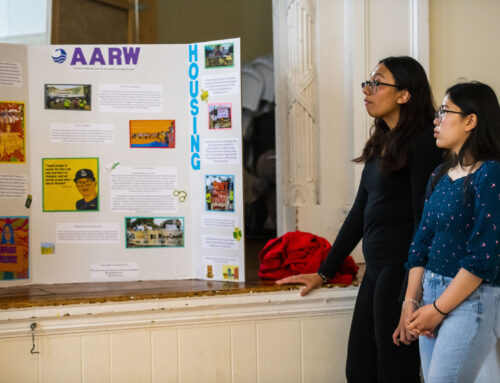It is 2019, and once again, the U.S. National Women’s Soccer team takes home the World Cup. Soon after this momentous victory, the team returned to New York City for their victory parade. At the parade, the thousands there went from chanting “U.S.A” to “Equal Pay!”.
The issue of equality in women’s sports has been a long standing issue, especially in the realm of soccer. In March of 2019, the U.S. women’s soccer team sued the U.S. Soccer Federation over working conditions and pay equity. For the players, this institutionalized gender discrimination is not only about the money, but also about their training, playing, coaching, and even medical treatments and transportation. Megan Rapinoe, a player on the team, commented, “We very much believe it is our responsibility, not only for our team and for future U.S. players, but for players around the world — and frankly women all around the world — to feel like they have an ally in standing up for themselves, and fighting for what they believe in, and fighting for what they deserve and for what they feel like they have earned.” Equal pay would not only send a message to the U.S. Soccer Federation, but also to other women and little girls in the world.
Here are some statistics and facts to give you a clearer and bigger picture of the situation at hand:
- The prize money for this year’s Women’s World Cup is $30 million, which is significantly less compared to the prize money of $400 million for last year’s Men’s World Cup.
- After this year’s win, players on the women’s team will make around $400,000 to $1 million. While this sounds like a lot of money, male soccer players like Lionel Messi and Cristiano Ronaldo earn over $100 million annually.
- U.S. Women’s soccer games have also earned more in revenue than men’s games in recent years. From 2016 to 2018, women’s events generated about $50.8 million, and men’s events generated about $40.9 million.
These are only a few statistics that show how although the U.S. women’s team is routinely more successful, the U.S. men’s team still earns more. The players are asking to double the prize pool, and maybe double that in the future. They are not asking for $450 million for this year or for the next World Cup; they are asking for respect and for a smaller pay gap. It is not fair that FIFA, Federation Internationale de Football Association, is giving women less money and scheduling other games on the same day as the World Cup Finals.
Don’t hate the player, hate the game.
It is 2019, and once again, there is still blatant gender and pay discrimination between professional men and women soccer players. The U.S. men’s team have yet to win a World Cup, or even place higher than top 3. In comparison, the women’s team has won the World Cup four times since 1991. It is 2019, and not much has changed. However, by being aware of the situation, you can help make a difference. Here is a petition that you can sign to learn more and show your support to the U.S. Women’s Soccer Team.



